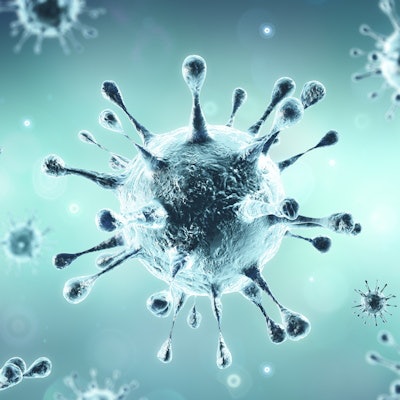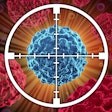
Amid the COVID-19 pandemic, researchers are feeling pressure to provide answers to questions such as how best to diagnose the disease. But is this pressure leading to rushed science? It's likely, according to an opinion published online on April 8 in Annals of Internal Medicine.
Moving quickly to publish clinical results can have far-reaching, negative effects, wrote a group led by Dr. Michael Hope of the University of California, San Francisco.
Good science "takes time and careful consideration to prove the value of advancements in diagnosis and treatment," the authors wrote. "A rush to publish positive results leads to their overinterpretation and, consequently, the dissemination of premature conclusions with broad implications."
The initial shortage of reverse transcription polymerase chain reaction (RT-PCR) testing for the novel coronavirus led to increased use of imaging to screen for infection, especially in China, the group noted. Researchers thus reported that chest CT had a key role to play in managing the disease, with one team describing CT findings of pneumonia in 50 of 51 patients with RT-PCR-proven COVID-19 and another describing these findings in 580 of 601 patients.
The journal described an "ultrarapid peer review" process of 24-hour turnaround in order to release key results quickly, according to the team. But was this an adequate review process?
"We believe that the answer is no," Hope and colleagues wrote. "In reviewing these two publications in detail, as well as others that support the use of CT for the diagnosis of COVID-19, we have found that many problems, such as faulty research design, incomplete methods sections with little description of likely biased patient cohorts, absence of a valid gold standard, multiple confounding variables, and scant discussion, limit the generalizability of the results and call into question the broad conclusions that are made."
In fact, the CT findings described in the studies were not specific to COVID-19, therefore suggesting that positive CT results are trustworthy only if the probability of a patient having the disease is already high, Hope and colleagues noted. Even a study that purported to show that COVID-19 can be distinguished from other pneumonias on CT had "methodological flaws," according to the authors.
The pressure to find answers amid the COVID-19 pandemic is all the more reason to ensure that research is of high quality.
"We acknowledge that these are extraordinary times that place great pressure on the scientific community to produce answers and treatments," Hope and colleagues concluded. "This is precisely why we need to rely on a thorough peer review process to scrutinize submissions and make sure that data are carefully collected, results are judiciously analyzed, and conclusions are fair and appropriate. We believe that a 24-hour turnaround time for peer review is likely not adequate."





















